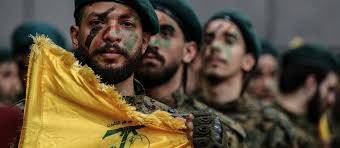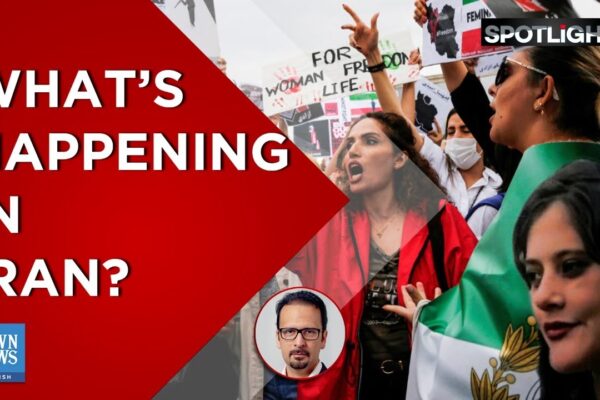
Introduction
Hezbollah, the Lebanon-based militant group and political party, has been a significant player in Middle Eastern geopolitics since its founding in the early 1980s. With its deep political connections and military capabilities, Hezbollah’s actions have repercussions not only in Lebanon but also across the region. Understanding its recent developments is critical for comprehending the current landscape of Middle Eastern politics, especially in the context of ongoing tensions with Israel and its role in regional conflicts.
Current Events and Context
Recent months have seen an escalation in rhetoric and military posturing from Hezbollah. In October 2023, clashes between Israeli forces and Hezbollah along the Lebanese border intensified. The Israeli Defence Forces (IDF) have reported increased rocket fire from Hezbollah positions, which they claim has been a response to perceived threats and operations against Israeli interests.
Hezbollah’s leadership has framed their actions as part of a broader resistance against Israeli occupation. Their military engagements, often in tandem with other regional actors like Iran, highlight the group’s enduring military capacity despite ongoing economic hardship in Lebanon. Analysts suggest that Hezbollah’s involvement is not merely a defensive measure but reflects their strategic objective to assert dominance in regional power dynamics.
The Humanitarian Impact
The fallout from Hezbollah’s military activities has profound humanitarian consequences. The Lebanese population, already suffering from severe economic distress due to the 2019 financial crisis, faces compounded challenges as military engagements exacerbate food shortages and displacement. The United Nations has expressed concern over the deteriorating situation, calling for an urgent need for ceasefire agreements and humanitarian access.
International Reactions
Internationally, Hezbollah remains a controversial subject, regarded as a terrorist organization by nations such as the United States and several European countries. Conversely, it enjoys substantial support from its political base in Lebanon and backing from Iran and Syria. Diplomatic efforts to curb Hezbollah’s military ambitions often lead to nuanced discussions about sovereignty, security, and regional stability.
Conclusion
Hezbollah’s role in Middle Eastern geopolitics continues to evolve amidst a complex landscape marked by local and international challenges. As tensions persist along the Israel-Lebanon border, the group’s influence shows no signs of waning, indicating that conflicts will likely intensify in the foreseeable future. For observers and stakeholders, the significance of Hezbollah is paramount in understanding the shifts in power within the Middle East. The group’s actions will remain critical in any dialogue concerning peace and stability in the region, making it essential to stay informed about developments surrounding this multifaceted entity.
You may also like

Understanding the Current Political Landscape in the UK

Current Events: What’s Happening in Iran

The UKIP Party: Recent Developments and Future Outlook
SEARCH
LAST NEWS
- Remembering Wendy Richard: The Promise to Co-Star Natalie Cassidy
- How Did Anglian Water Achieve an ‘Essentials’ Rating for Mental Health Accessibility?
- Shai Hope Leads West Indies in T20 World Cup Clash Against South Africa
- What We Know About Weston McKennie: Future at Juventus and Past at Leeds
- What We Know About the Upcoming Live Nation Antitrust Trial